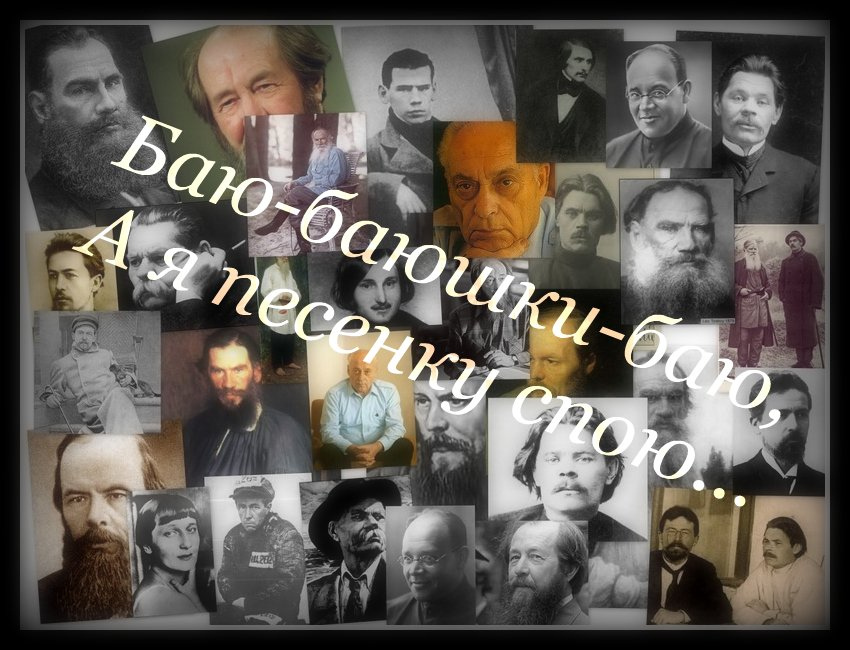Which one would allow me to walk through this difficult time with you. Difficult because, well, being a baby is tough!
Which one could provide me with some distraction and which one would hold me long enough while I held you?
I narrowed down my selection to two.
"A Day in the life of Ivan Denisovich" by Solzhenitsyn
Or
A collection of short stories by Dostoyevsky – Headlined by “Notes from Underground” setting my focus on “White Nights”, the first story in the collection.
About 3 weeks ago, I started both books at the same time to see which one I would gravitate to.
Dostoyevsky won.
I have a bit of a history with this book – more importantly, with “White Nights”.
It was the Fall of 1994. I paid a whopping $3.50. I’m not being sarcastic when I say “a whopping $3.50”.
When I bought this book, I can almost be sure that I weighed out the book’s purchase against buying some fine cigarette rolling tobacco – this brand in particular.

Hummmm… smokes or a book….Hummmmm….
I have carried this little book in my jeans pocket, my jacket pocket, several backpacks and probably a suitcase or two. It has rubbed up against the tobacco pouch above, bottles of beer, and vodka, dirty clothes, other Russian books, and placed into storage in a hot attic for well over 3 years before landing in a place of honor on my bookshelf where I pulled it from a few weeks ago.
Take a look at my copy below.

The condition of this book – even though it’s still good – shows a bit of wear.
See the man on the cover?
A man looking at the world from a dark, solitary basement cell.
At the time of purchase, the person I identified with the most in my life was that man. Sure, the cover’s artwork had nothing to do with Dostoyevsky’s “Notes from Underground”…or “White Nights” but it was a fine illustration to lure in a potential reader…in a certain mental state…like me, and well, it worked.
There are blocks of time in life where you are allowed to be in a bit of a funk.
You don’t quite know where you are, what you’re doing or where you’re going.
You need to do some soul searching, deep introspection really attempt to discover who you are before moving on and accepting a reality – hopefully of your choosing.
The discovery of White Nights.
There was a nice chill in the air but I was warm enough after riding my bike to my new daily hangout – the public library.
Autumn 1994 in central
I had recently decided that I would spend time at a small public library just to get out into the world.
I noticed that this particular branch didn’t have the usual collection of miscreants – so I thought that I’d take on the challenge of filling that role.
I’d slum around reading magazines taking smoke breaks on the benches out front, leering at the patrons…for no particular reason but to fill my new role, and inject a little discomfort into innocent library patrons lives.
But honestly, look at me.
Am I the face of menace?
After reading my share of mags over the first couple of weeks, and settling into my new role I decided that I’d like to pick up some long fiction reading.
Still in love with
So it was in the autumn of 1994 that I discovered “White Nights” on the shelves of that little branch library in central
I held back tears the library’s reading room struggling through the story.
I was alone, lost, confused and most of all, in love…with an idea of a woman I had created in my mind…(more on that later…maybe) but I was also in love with the characters Dostoyevsky presented.
That was 16 years ago.
So much has changed but I’m still in love with this little story.
Mr. Dostoyevsky and “White Nights” occupy a very special place in my heart, a part of my heart’s history – and even though it looked like it was a place that was dark and lonely, it was a special time for me.
Those days are over, and I look back on them and the lessons learned. I’ll read “White Nights” to you and perhaps some ghosts of those days will surface and you know, that wouldn’t be a bad thing. I’ll recognize their existence and will allow them to come and then politely escort them back to where they belong - my memories.




